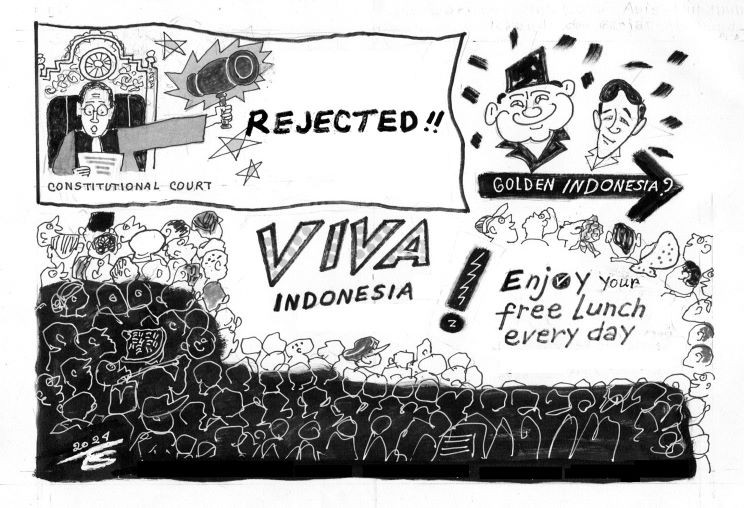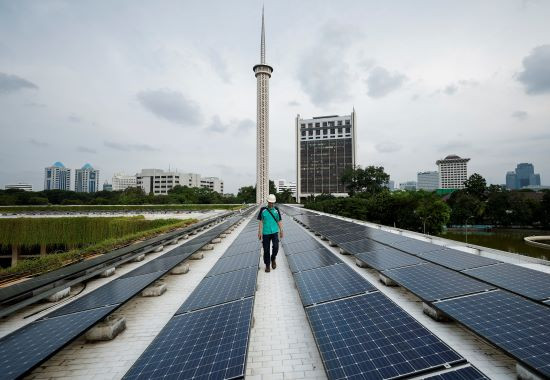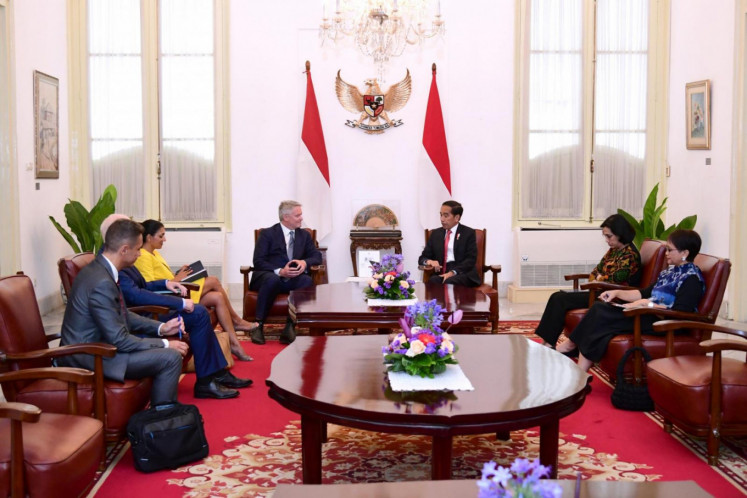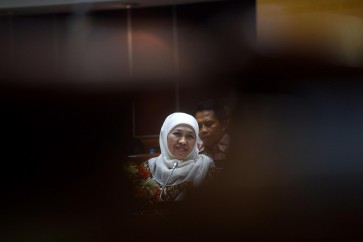Challenges, opportunities for new women leaders
The quick count results of the 2018 regional head elections by survey institutes show a positive trend in women’s electability.
Change Size
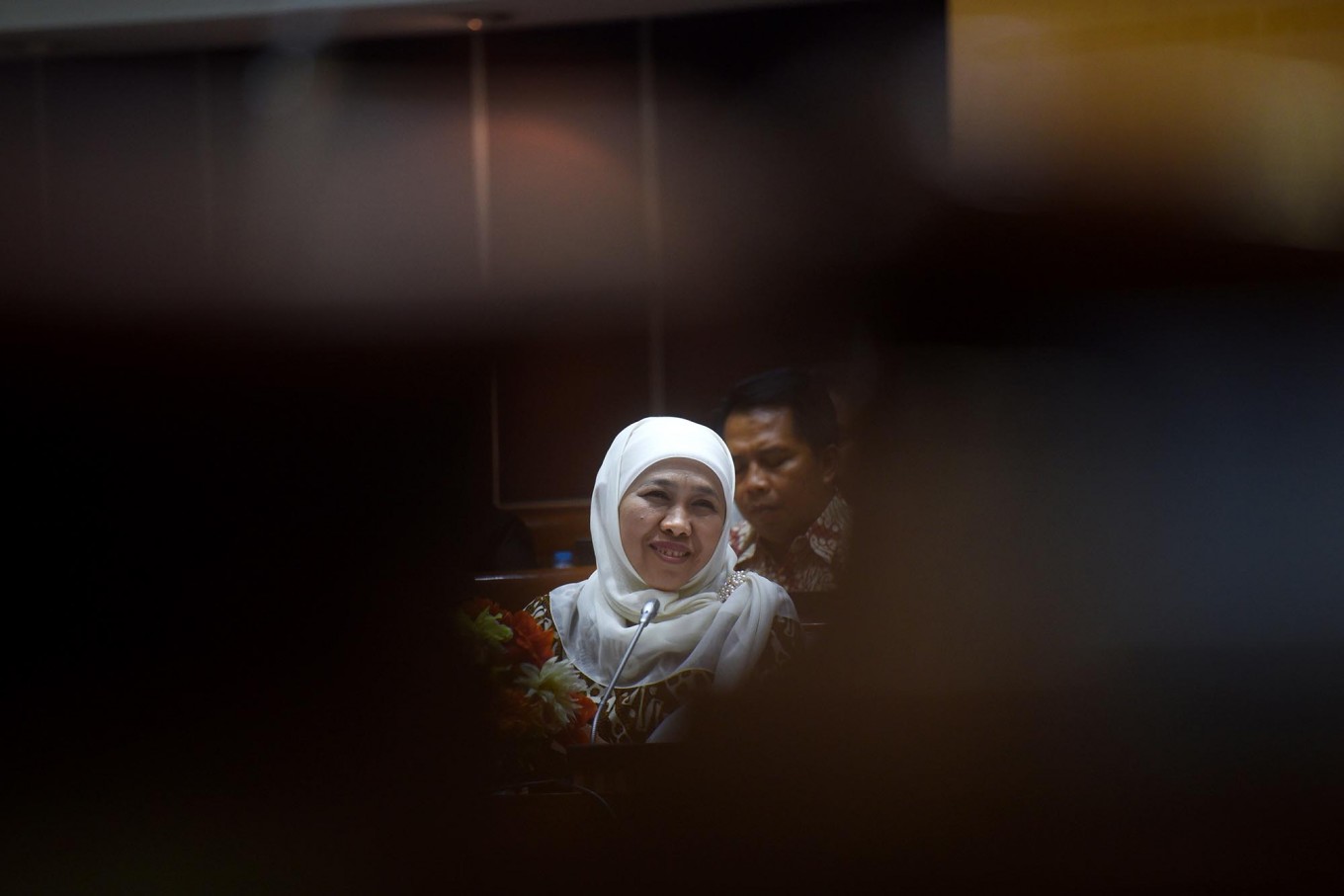 Former social affairs minister Khofifah Indar Parawansa has won the election to become East Java’s governor. (Antara/Akbar Nugroho Gumay)
Former social affairs minister Khofifah Indar Parawansa has won the election to become East Java’s governor. (Antara/Akbar Nugroho Gumay)
F
ormer social affairs minister Khofifah Indar Parawansa has won the election to become East Java’s governor, according to the latest vote recapitulation by the provincial chapter of the General Elections Commission on July 7. With an almost 7 percent lead over her contender, Khofifah, who ran for the post for a third time, would be the second female governor elected since the first direct elections of regional leaders were held in 2005. The first was Ratu Atut Chosiyah, who was elected as Banten governor twice in 2007 and 2012 and is serving time on corruption charges.
The quick count results of the 2018 regional head elections by survey institutes show a positive trend in women’s electability. Two other women are set to become deputy governors: Chusnunia Chalim in Lampung, South Sumatra, and Siti Rohmi Djalilah in West Nusa Tenggara. Women will lead the regencies of Lebak in Banten, Bogor and Purwakarta in West Java, Jombang and Probolinggo in East Java, Tegal in Central Java, Mempawah in West Kalimantan and Rote Ndao in East Nusa Tenggara, while female mayors will lead Banjar in West Java, Mojokerto in East Java and Kotambagu, North Sulawesi.
Since the first direct elections for regional heads in 2005, the number of women candidates has slightly increased. While this marks important progress for women’s participation in local political leadership, their participation as candidates is still very low and remains problematic.
Based on research by the Association for Elections and Democracy (Perludem), women candidates for governors, regents, mayors and their deputies reached barely 10 percent or just 101 out of 1,140 candidates. The percentage of women candidates from the three latest regional head elections (2015, 2017, 2018) remained somewhat stagnate: 7.47 percent in 2015, decreasing slightly to 7.17 percent in 2017 and increasing to just 8.85 percent in 2018.




